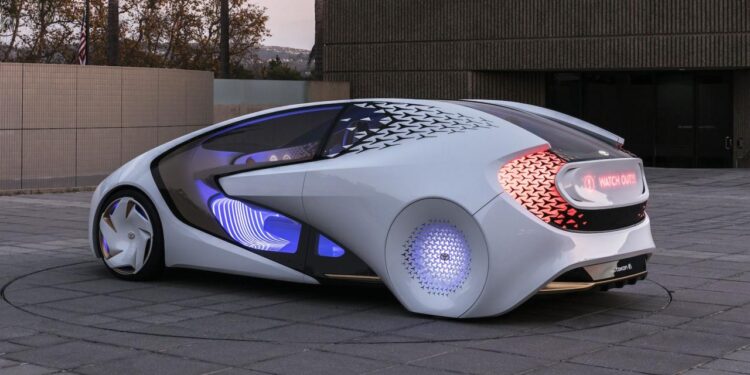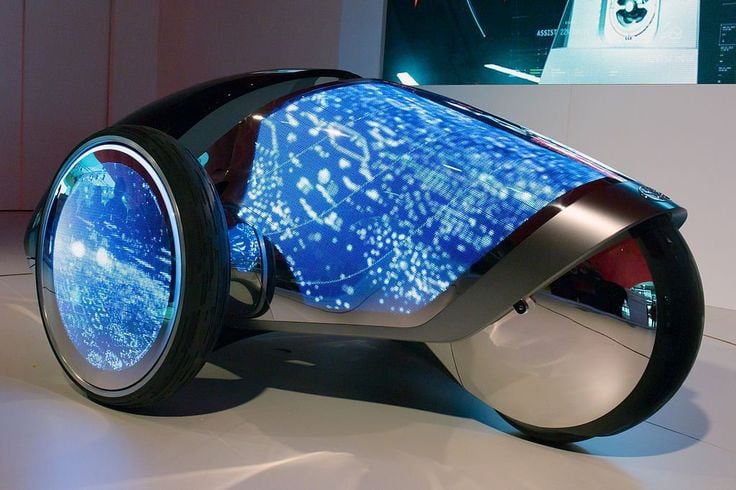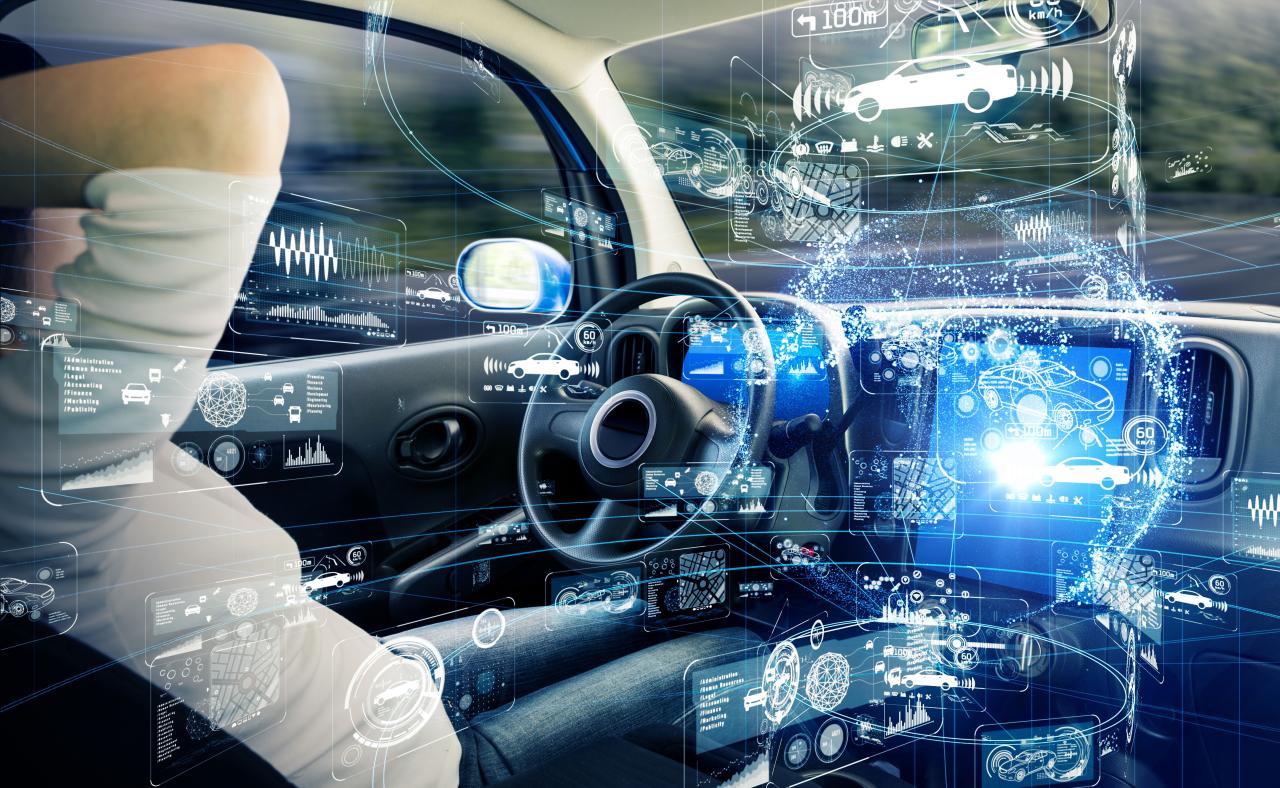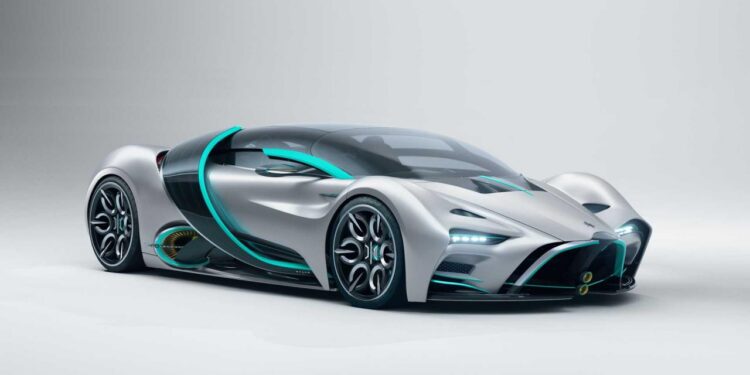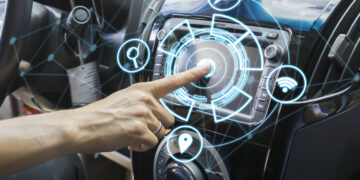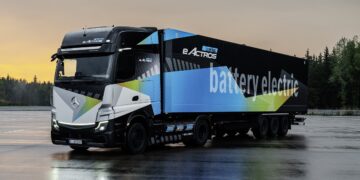The automotive industry is undergoing a massive transformation, driven by rapid advancements in technology. Modern vehicles are no longer just machines for transportation; they are evolving into smart, efficient, and highly automated systems designed to enhance safety, convenience, and sustainability. From artificial intelligence to electrification, cutting-edge innovations are shaping the future of driving and redefining mobility as we know it.
This article explores the latest developments in automotive technology, how they impact road safety and environmental sustainability, and what the future holds for the transportation industry.
The Evolution of Car Technology
Over the past few decades, automobiles have evolved from mechanical machines to sophisticated, technology-driven systems. This transformation is driven by a combination of consumer demand, government regulations, and breakthroughs in engineering.
The key factors influencing this evolution include:
A. Safety Enhancements – The need for improved road safety has led to innovations such as collision detection, lane assist, and autonomous braking.
B. Environmental Concerns – The push for sustainability has accelerated the development of electric and hydrogen-powered vehicles.
C. Connectivity and Automation – Smart features like AI-powered navigation and self-driving capabilities are redefining mobility.
D. Energy Efficiency – Fuel efficiency technologies and regenerative braking systems are making vehicles more economical and eco-friendly.
Key Innovations in Modern Automotive Technology
A. Autonomous Driving and AI Integration
Self-driving technology is one of the most significant advancements in the automotive industry. With AI-driven algorithms, vehicles can analyze road conditions, detect obstacles, and make split-second decisions to enhance safety. Major automakers and tech giants are investing heavily in:
- Level 1-5 Autonomy: Vehicles ranging from basic driver assistance to fully autonomous systems.
- Machine Learning Algorithms: AI-powered systems that continuously improve driving capabilities.
- Lidar and Radar Sensors: Advanced sensors that detect road conditions in real time.
While fully autonomous vehicles are not yet mainstream, partial automation is already improving safety and efficiency in many new car models.
B. Electric Vehicles (EVs) and Sustainable Energy
The global shift toward cleaner energy has fueled the rapid growth of electric vehicles. EVs offer several advantages over traditional internal combustion engine (ICE) vehicles, including:
- Zero Emissions: EVs significantly reduce air pollution by eliminating tailpipe emissions.
- Lower Operating Costs: Electricity is cheaper than gasoline, and EVs require less maintenance.
- Battery Advancements: Modern lithium-ion and solid-state batteries provide longer ranges and faster charging times.
Governments worldwide are implementing policies to support EV adoption, such as tax incentives, infrastructure investments, and emission reduction targets.
C. Advanced Driver Assistance Systems (ADAS)
ADAS technology enhances driving safety by assisting drivers with real-time road monitoring and automated responses. Key ADAS features include:
- Adaptive Cruise Control (ACC): Automatically adjusts speed based on traffic conditions.
- Lane Departure Warning (LDW): Alerts drivers when they unintentionally drift out of their lane.
- Automatic Emergency Braking (AEB): Detects potential collisions and applies brakes if necessary.
- Blind Spot Monitoring (BSM): Warns drivers of vehicles in their blind spots.
These systems help prevent accidents and reduce human error, making roads safer for everyone.
D. Vehicle-to-Everything (V2X) Communication
V2X technology enables vehicles to communicate with other cars, traffic infrastructure, and pedestrians. This real-time data exchange improves traffic flow, reduces congestion, and enhances overall safety. Types of V2X communication include:
- Vehicle-to-Vehicle (V2V): Cars share information about speed, position, and road conditions.
- Vehicle-to-Infrastructure (V2I): Traffic signals, road signs, and smart intersections provide data to vehicles.
- Vehicle-to-Pedestrian (V2P): Vehicles detect pedestrians and cyclists to prevent accidents.
As smart city initiatives expand, V2X technology will become a critical component of intelligent transportation systems.
E. Hydrogen Fuel Cell Vehicles (FCVs)
Hydrogen fuel cell technology offers a promising alternative to gasoline and electric vehicles. FCVs use hydrogen to generate electricity, producing only water vapor as a byproduct. Key benefits of hydrogen-powered vehicles include:
- Faster Refueling: Unlike EVs, hydrogen cars can be refueled in minutes.
- Longer Range: FCVs typically have a longer driving range than most electric cars.
- Clean Energy Source: Hydrogen can be produced using renewable energy, making it a sustainable fuel option.
While challenges such as infrastructure development and production costs remain, FCVs have great potential in the future automotive landscape.
F. Smart Infotainment and Connectivity
Modern cars are equipped with advanced infotainment systems that offer seamless connectivity, entertainment, and navigation. Features include:
- AI-Powered Virtual Assistants: Voice-activated controls for hands-free operation.
- Wireless Connectivity: 5G-enabled in-car internet for streaming and remote access.
- Integrated Navigation Systems: Real-time GPS, traffic updates, and route optimization.
- Over-the-Air (OTA) Updates: Software updates that enhance vehicle performance and security.
With the rise of smart technology, vehicles are becoming more connected, intuitive, and user-friendly.
The Future of Automotive Technology
The next decade will bring even more innovations that will revolutionize the driving experience. Some emerging trends include:
A. Fully Autonomous Vehicles
Companies like Tesla, Waymo, and GM are pushing the boundaries of self-driving technology. As regulations and AI capabilities evolve, fully autonomous vehicles may become mainstream in urban environments.
B. Solar-Powered Cars
Solar energy is being explored as an alternative power source for vehicles. Innovations in solar panel efficiency may allow cars to generate their own electricity while driving or parked.
C. Biometric Vehicle Access
Fingerprint and facial recognition technology will replace traditional car keys, enhancing security and convenience for drivers.
D. Augmented Reality Dashboards
AR dashboards will provide real-time data overlays, such as speed limits, navigation directions, and hazard alerts, improving situational awareness.
E. Sustainable Manufacturing Practices
Automakers are adopting eco-friendly materials, reducing carbon footprints, and developing recyclable components to promote sustainability.
Challenges and Considerations
Despite the promising future of automotive technology, several challenges need to be addressed:
A. Cybersecurity Risks: As cars become more connected, they are vulnerable to hacking and data breaches. Strong encryption and cybersecurity measures are essential.
B. Infrastructure Development: Widespread adoption of EVs and hydrogen cars requires significant investment in charging stations and refueling networks.
C. Regulatory and Ethical Issues: Governments must establish laws and guidelines for self-driving technology and data privacy.
D. High Development Costs: Advanced vehicle technology requires extensive research and development, making initial costs higher for manufacturers and consumers.
Conclusion
The automotive industry is at the forefront of technological innovation, with advancements in AI, electric mobility, and smart connectivity shaping the future of transportation. As new technologies continue to emerge, driving will become safer, more efficient, and environmentally friendly.
Consumers, automakers, and policymakers must work together to embrace these changes, ensuring that the road ahead is one of sustainability, convenience, and technological excellence.

